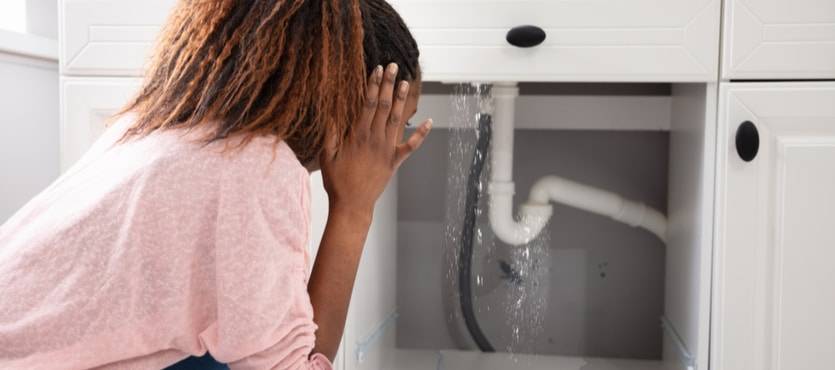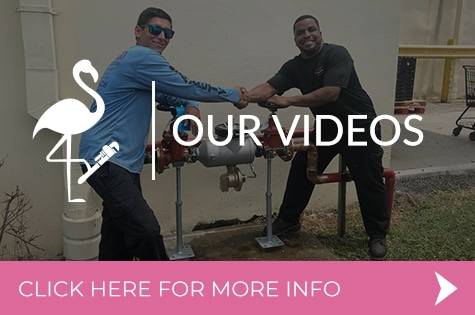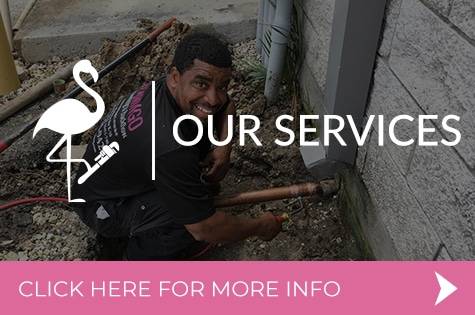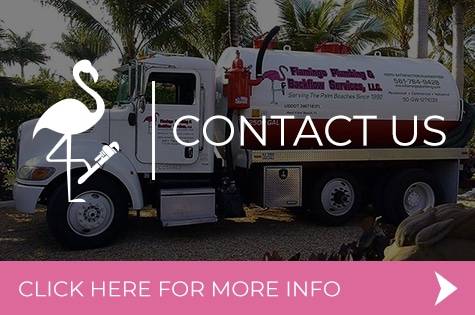Plumbing emergencies can be a tormenting experience and there’s not much we can do to prepare for them. Panic and clouded thoughts are expected outcomes when you are not prepared for the inevitable. Some might even try to handle the situation independently, but there’s a chance you might end up doing more damage than repair.
Clogged toilets, leaking faucets, sewage backing up into your sink – there’s no telling what kind of emergency awaits if you are not well versed with your plumbing system. As a homeowner, you will likely encounter such problems at least one or twice a year. To ensure you are well prepared for your next plumbing emergency, here’s a few tips to keep in mind.
Shut Off the Main and Heater
Whenever a plumbing issue strikes, turn off the nearest water source as quickly as possible. If you are dealing with a broken pipe or a major leak, it’s best to turn off the main valve altogether. While that’s not going to resolve your issue, it will save your house from being flooded. For bathrooms, this can be as simple as turning off the valve underneath your commode or the sink.
The main valve is usually located along the boundary line of your house. If you have an overgrown garden, they might be hard to spot. During a plumbing emergency, it’s always a good idea to turn off your water heater to prevent the risk of overheating. If your house has a gas heater installed, make sure to turn off the gas immediately.
Assess the Damage/Problem
Once you have switched the main water supply off, it’s time to assess the damage and trace the origin of the plumbing issue. By doing so, you can avoid preventable damage and your plumber will take less time to gauge the severity of the problem when they arrive. Warped flooring, mold, leaks, or peeling paint, are telltale signs of water damage. Sometimes a damp or musty smell can also give away the location of the problem.
Keep a Track of All the Leaks
If you come across any small leaks within easy reach, stop them as best as you can. Plumber’s tape is your best friend in such scenarios as they can help block small leaks until professional help arrives. Small leaks can quickly progress and turn into bigger problems if overlooked and cause structural damage to your house. If you don’t have plumber’s tape, alternatives like adhesive tape or duct tape can also work temporarily.
Empty Drains and Spigots
Turning off the main water supply does not drain the water pipes completely. You will have to manually remove this water by opening your drains and spigots outside of the house. Make sure to give your garden hoses a few squirts to clear out any stagnated water. If you come across any clogs or backup during this process, use a plunger to get rid of the excess water.
Call for Assistance
People often go into damage control right away and forget to call for professional help during plumbing emergencies. Although this is an expected outcome, delaying help during emergencies can make a bad situation worse. Make a call to your plumbing service provider as soon as you discover an issue. The best part about this call is they might give you some quick advice over the phone to help you mitigate further damage and get the situation under control while their team reaches your location.
There’s no way of making sure you will be emergency-free, but you can prepare yourself so the worst can be avoided. If you need plumbing assistance or a quick diagnosis of your plumbing system, we at Flamingo Plumbing and backflow can help. We provide general plumbing, backflow prevention, maintenance services for water heaters, septic tanks, and more.






